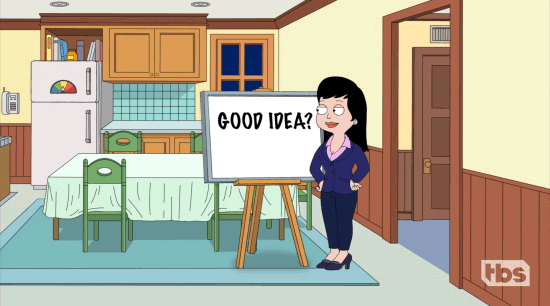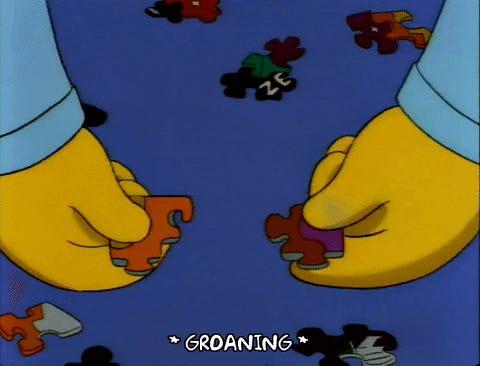“There is no rule on how to write. Sometimes it comes easily and perfectly: sometimes it’s like drilling rock and then blasting it out with charges.” – Ernest Hemingway
At times writing can feel like completing a jig-saw puzzle: contorting stray pieces to fit the image seen on the cardboard box. You reach for words from left and right, yet no matter how you try to jam them together, you realize you are better off pressing backspace and starting over.
Other times you feel unstoppable. In a moment of pure inspiration, words fly from finger to keyboard, producing a rhythmic joy that comes with being in flow.

But in the age of ChatGPT, when it is trivial to prompt a chat window and within seconds receive back plausible-sounding prose, what then becomes of genuine writing?
While these products have proven useful and will continue to get better, they do not come for free. The cost we pay goes beyond just a credit card statement on our OpenAI API spend. We dilute our abilities for critical reasoning and original thought as we fall into a loop of prompt-copy-paste-edit-repeat.
But this does not have to be the case.
We have an opportunity now to create healthy boundaries between ourselves and this nascent technology. By doing so, we ensure that it is not just the AI getting smarter, but we also as we use these tools to complement our writing, not replace it.
To that end, we need to dive into the nature of plagiarism, evaluate what AI writing gives us, and ultimately seek to develop our unique voice.
Originality is praiseworthy. In the context of writing, it demonstrates critical thinking and gives a glimpse into the mind of the author. We esteem writers who, with a stroke of their pen, can draft a fresh take on old ideas and make them relevant in today’s cultural moment.
But people universally detest seeing a copycat, and with the proliferation of cheap plagiarism, copycats abound.
In the second edition of Chao-Downs, I covered the problem of plagiarism enabled by AI writers like ChatGPT. From students to publications, many have tried and failed at passing off their work as original when in fact it was generated by an AI. Whereas in the past, one would have to go through great lengths to hide the fact that they were plagiarizing, nowadays people have written papers that can fool even our smartest scientists.

Especially in education, the effects are more pronounced. Teachers are having a hard time keeping up and rapidly updating their syllabi to account for the inevitable use of AI in the classroom. As a result, we must proceed cautiously and discern whether any text read on the internet was actually plagiarized by an AI.
While the danger of plagiarism is real, the technology does have its merits.
Each day, more corporations are looking to capitalize on the gold rush in generative AI, offering similar capabilities built around large language models. If you look at their marketing, you’ll see common threads emerge:
From removing writer’s block to promising greater conversions on ad copy, the broad availability of these tools has democratized access to writing.
However, despite these benefits, the temptation to be lazy and just copy and paste these models’ output is ever-present and will get worse as AI improves. In an environment where volume (i.e. more clicks) gets rewarded over quality, people face skewed incentives to produce as much content as possible.
Each time we press “generate”, we have one less opportunity to wrestle with our language, compose complex thoughts, and ultimately become better writers.
But we can do better.
Good writing is:
-
Accessible — A good writer knows when to mix in “SAT words”, demystify jargon, and use everyday speech in their text.
-
Expressive — A good writer imparts a flair and style that is unique.
-
A joy to read — A good writer knows how to hook readers in until the very last word.
But good writing is hard. The author’s journey is a path filled with frustration and pain.

But it is also so rewarding and much richer than the sugar high of crossing one’s fingers and hoping ChatGPT outputs something sensible.
So intentionally choose the road not taken. Pick up a pen or keyboard and get to writing. Use AI but use it sparingly. Your voice is distinctly yours, a fingerprint to your mind. Cultivate it.
To writing,
-Alex, your resident Chaos Coordinator.
P.S. My wife and I recently finished a 1000-piece jigsaw puzzle and let me tell you, fitting the last piece felt amazing just like writing the last word in this article.


















